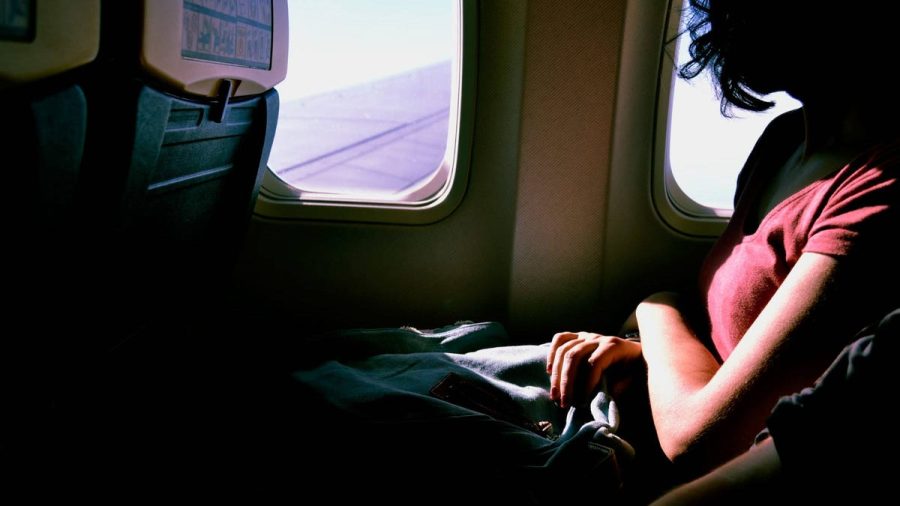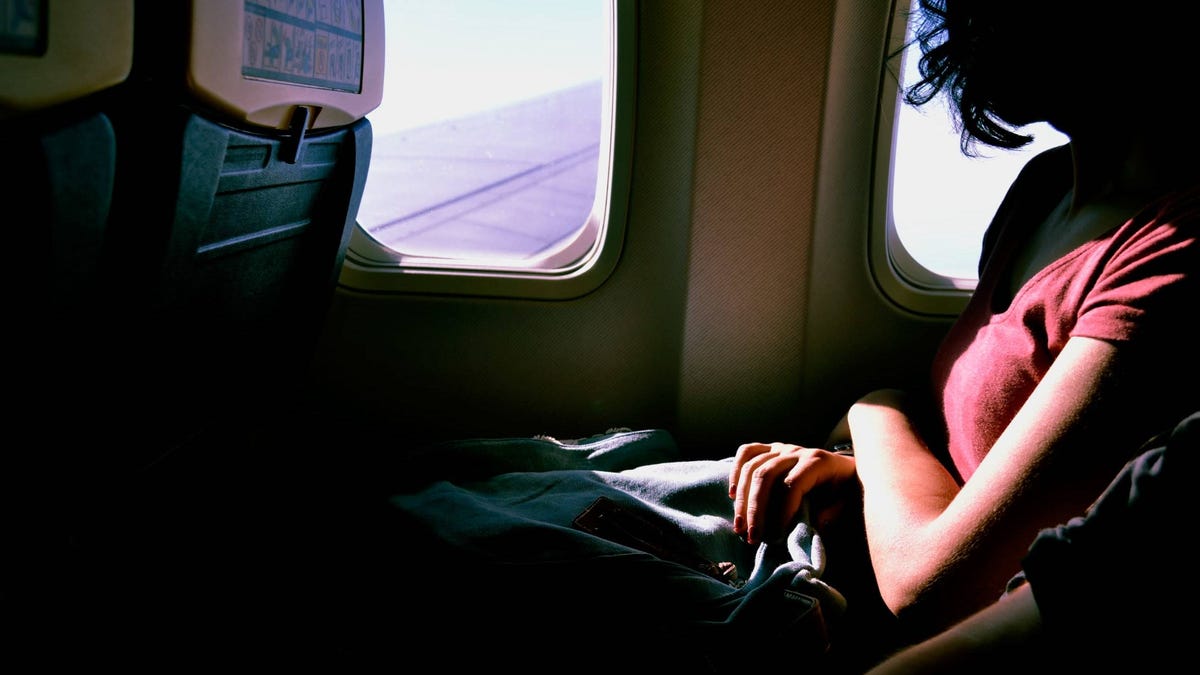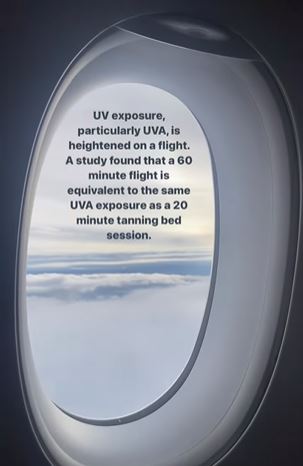
Sunscreen on a plane? Doctor reveals why it’s a MUST
SUNSCREEN IN THE SKY Do you protect your skin when you fly? A medical and cosmetic doctor who specialises in skincare, has let slip some startling information about UV exposure on flights. Sydney-based, Dr Yalda Jamali, who holds a Bachelor of Medicine, Bachelor of Surgery (MBChB) and a Level 7 postgraduate qualification in Aesthetic Medicine, […]

SUNSCREEN IN THE SKY
Do you protect your skin when you fly? A medical and cosmetic doctor who specialises in skincare, has let slip some startling information about UV exposure on flights.
Sydney-based, Dr Yalda Jamali, who holds a Bachelor of Medicine, Bachelor of Surgery (MBChB) and a Level 7 postgraduate qualification in Aesthetic Medicine, said that an hour-long flight has the same UV exposure as spending 20 minutes on a tanning bed.
ALSO READ: Ever wondered what happens when a passenger dies on a plane?
Sunscreen, therefore, is vital for protection when flying. Dr Jamali advised that passengers apply SPF liberally before flying because of the drastically higher UV levels up in the sky.
“UV exposure, particularly UVA, is heightened on a flight. A study found that 60 minute flight is equivalent to the same UVA exposure as a 20-minute tanning bed session,” the doctor said in an Instagram post.
ALSO READ: Passengers capture plane’s engine catching alight [watch]

ALSO READ: SEE: Plane hit by lightning soon after take-off
UV RADIATION STUDY

The study which Dr Yalda refers to, looked into the increased incidence of melanoma in pilots and cabin crew and compared the amount of UV radiation in airplane cockpits compared to those in tanning beds.
ALSO READ: [WATCH] Mind your head! Plane makes ‘lowest ever’ landing
The analysis found that plastic windows, like those found on commercial planes, block UVB rays, which cause sunburn, but have no effect on the transmission of damaging UVA radiation, which causes skin aging.
The researchers also found that there is a remarkable amount of UVA passing through these plastic plane windows through rain or shine, meaning you should smear on your sunscreen even on the cloudiest of days too, and not only when the sun is out.